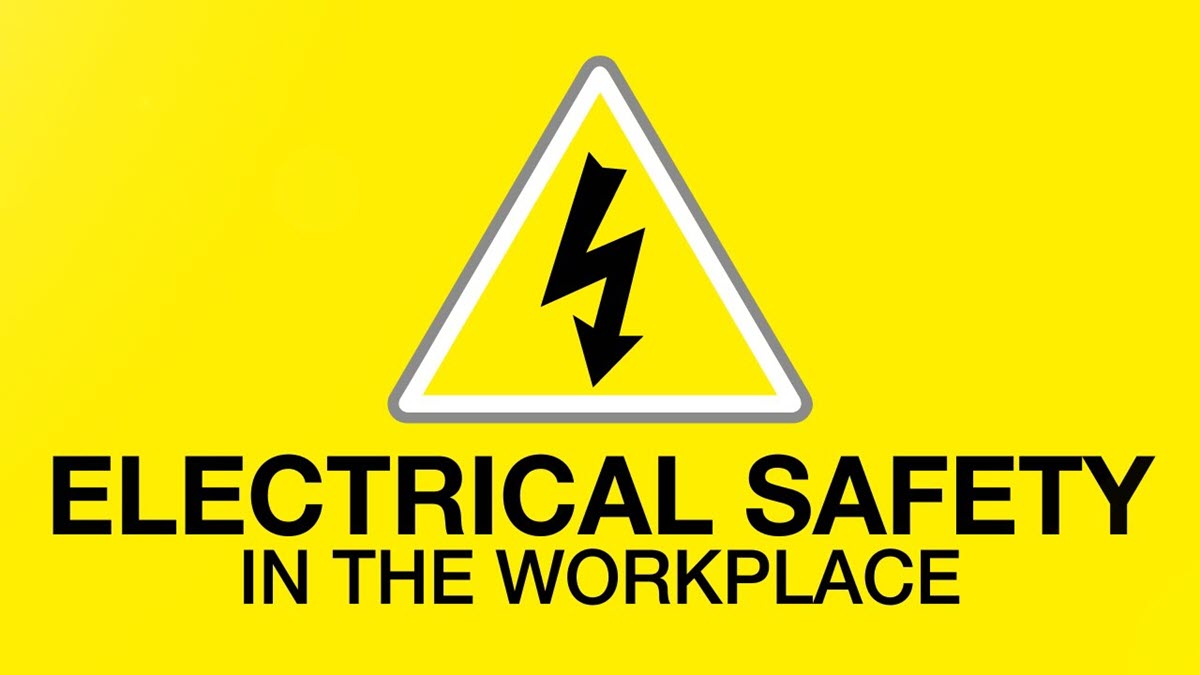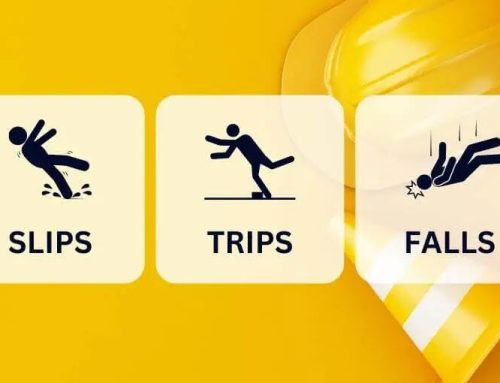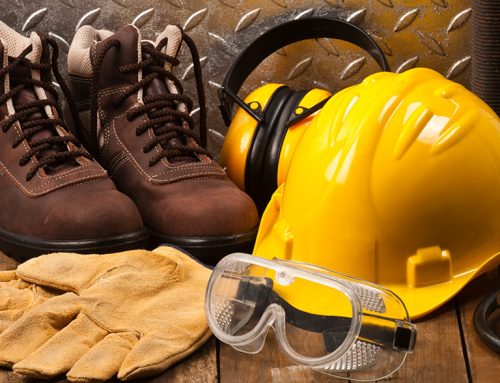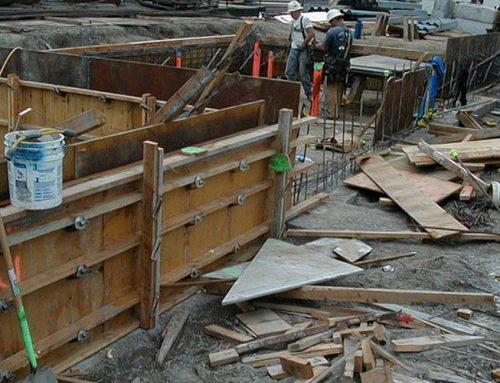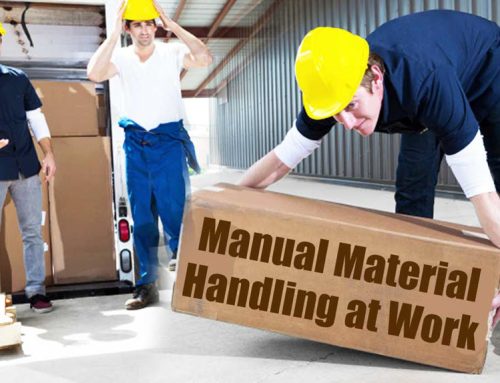Significance of Toolbox Talks
An effective way to prevent workplace injuries is conducting useful safety toolbox talks in advance of work being initiated. Even though toolbox talks cannot replace formal safety training for employees, they still play a significant role to focus on safety matters and vital issues that may be affecting our current workplace. There is no denying of the fact that people can be can be killed or seriously injured when coming in contact with electricity and it can also lead loss to property and equipment if not properly dealt with. Simple safety measures can be taken when working with or around electricity and electrical tools. One of those safety measures is conducting an electrical safety toolbox talk for relevant personnel.
Importance of Electrical Safety Toolbox Talk
Certainly, on any worksite electricity is a hazard that need to be considered. Most of the injuries and fatalities at work related to electricity happens within the construction industry. In an effective electrical safety toolbox talk, one of the key elements is to point out what can happen as a result of lack of attention and the potential outcome of a mistake. There is no doubt that training workers in how to identify, alleviate and prevent electrical hazards is important. In this aspect, toolbox talks can be used as a refresher and reminder of safe practices when working with or around electricity. In order to make it effective the toolbox talk could start with a real or theoretical story about an electrical incident in a workplace, but it must be ensured that the anecdote is realistic. The news is often a good place to find a recent event that could easily have occurred in your workplace, this story can be used in the beginning of the electrical safety toolbox talk.
How to Write an Effective Electrical Safety Toolbox Talk?
We must make sure that a risk assessment has been conducted related to any electrical hazards, including, but not limited to:
- Who could be injured?
- By what means the risk level has been created?
- The applied safety measures to control risk factors.
An ideal toolbox talk should take account of a few practical insights or action points that can be integrated by employees into their regular routines.
In terms of electrical injury, then there are the following four main categories which include:
- Electrocution
- Burns
- Falls
- Electric shock
One approach to write the toolbox talk is to investigate the types of injuries, in what manner it can take place and how each employee can take actions and implement controls to prevent it. Obviously, electrocution is the most dangerous hazard and it can have dangerous consequences such as fatality. It is different from electric shock because for electrocution the electrical current goes through the body. Based on the scenario and level of the current, this has the potential to stop the heart and result in a fatality or severe injury. Based on this, it is essential to manage the risk of electrocution in any workplace.
Additionally, the main point that should be highlighted to the workforce is that prior to performing any work that carries any risk of getting into contact with power lines or electricity, the risks need to be assessed and mitigated where relevant. In this regard, the electrical safety toolbox talk may consist of an evaluation of how the organisation have implemented controls to mitigate risks related to electricity.
An electrical incident might also occur when working at height, where a small shock can have fatal consequences if it causes a fall from a scaffolding or ladder. Therefore, electrical safety awareness as well as fall safety strategies are required in order to reduce this hazard.
It should be kept in mind that electrical shocks can be experienced by employees from different sources other than the “live wire” conditions. Other sources include, but is not limited to, broken extension cords and damaged power tools. Furthermore, in an effective toolbox talk it gets essential to highlight key safety measure such as electrical items should never be operated by workers near water.
If you need to provide a toolbox talk on electrical safety, then our Electrical Toolbox Talk might be of interest to you.
Alternatively, if you are looking for a range of ready to deliver toolbox talks, then you might be interested in our toolbox talk packages which include a range of toolbox talks at a cost effective price.

